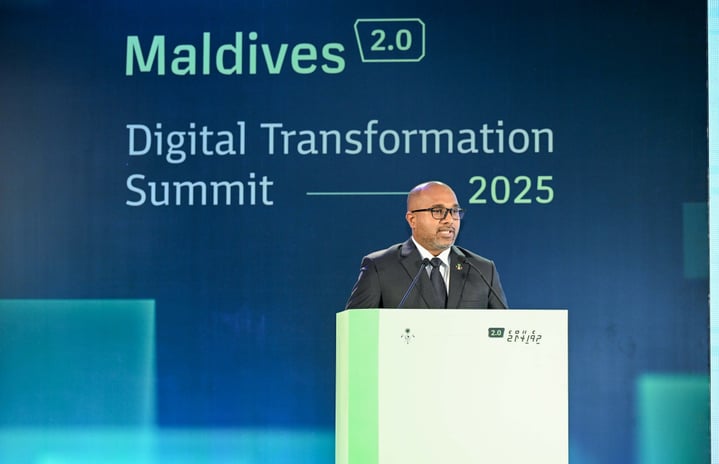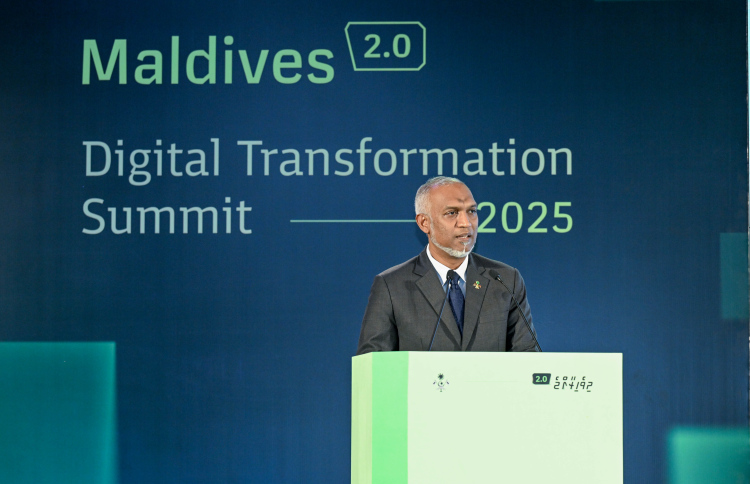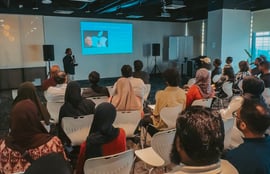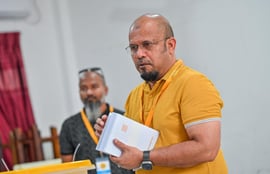Minister of Homeland Security and Technology Ali Ihusan has said that the purpose of the Maldives 2.0 initiative is not to introduce electronic voting, but to combat corruption, enhance public service efficiency, and reduce government costs.
He made this remark in response to criticism from Ahmed Mahloof, a former Sports Minister in the Maldivian Democratic Party (MDP) administration.
In a post on X, Mahloof alleged that the real intent behind the government’s digital transformation drive was to pave the way for e-voting and manipulate future elections.
He said that countries where electronic voting had led to vote-rigging concerns were reconsidering such systems.
Minister Ihusan dismissed the allegations, stating that the government’s focus is on digitizing services to make life easier for citizens and eliminate opportunities for corruption through increased transparency.
“The purpose of Maldives 2.0 is to eradicate corruption, reduce costs and speed up services. It is not to enable e-voting,” Ihusan said.
“This is not a political issue. This is about the future of our nation.”
Minister Ihusan said that political differences should not stand in the way of national progress and reiterated that digitalization has a positive purpose.
He noted that Maldives is receiving technical support from Estonia, widely regarded as a global leader in digital governance.
President Dr Mohamed Muizzu also addressed this during the inauguration of the Maldives 2.0 Digital Transformation Summit, stating that the country’s digitalization plans are modeled on Estonia’s, but will exclude e-voting, Minister Ihusan said.
The President emphasized that enhanced transparency and reduced human intervention through digital systems would help in eliminating corruption and building public trust in governance.
President Muizzu has reiterated that Maldives should adopt Estonia’s example in digital services, beside electronic voting," Minister Ihusan said.
Mahloof also questioned whether citizens could trust the government with their personal data, warning that public concerns and consent must be part of the process.
“I don't think this work should be carried out without seeking the opinion and trust of the people,” he said.





